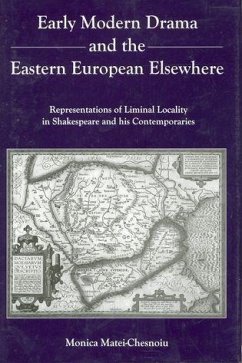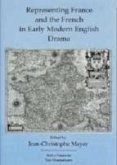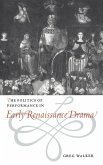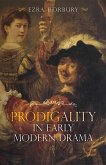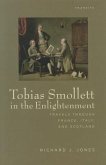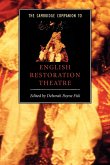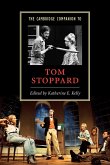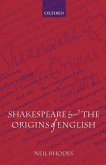This study integrates Renaissance texts of classical and early modern geography, cartography, and travel writing with postmodern theory to challenge the long-standing tradition of Eastern European space as a distant land of elsewhere and to demonstrate how contemporary modes of geographic thinking influenced aspects of English dramatic form. By examining the ways in which habits of thought derived from these texts informed Renaissance ideas about Eastern European space, this book shows how the threshold dividing the symbolic and the real is traversed and imagined as traversable. The study gives useful background on how Eastern European locations would have signified as marginal to early modern English audiences. Re-reading early modern texts ranging from geographic and travel accounts to the early modern drama of Shakespeare and his contemporaries, this study argues for a questioning and perspectival dimension of early modern subjectivity as fashioned by these texts, which emerges as enabling and compelling.
Hinweis: Dieser Artikel kann nur an eine deutsche Lieferadresse ausgeliefert werden.
Hinweis: Dieser Artikel kann nur an eine deutsche Lieferadresse ausgeliefert werden.
